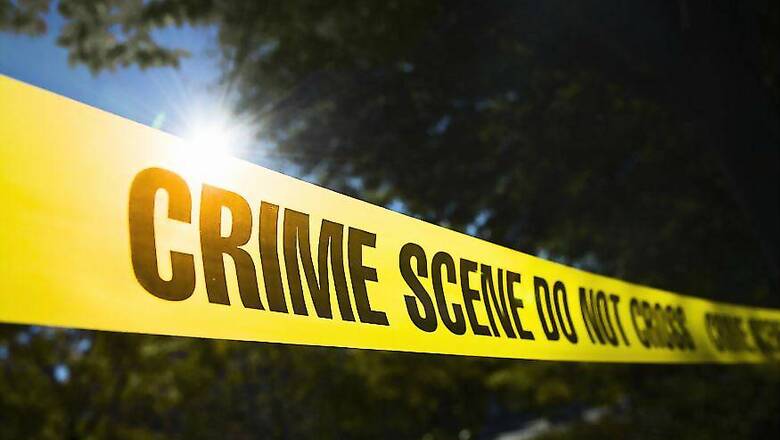
views
New Delhi: Underscoring the importance of technology in criminal investigation, the Supreme Court has asked the Central government to consider a rehaul of crime scene investigation procedure by making digital photography and videography a must.
According to the Court, the digital photographs and videos should be recorded without delay and must be shared across various police stations on a real time basis so as to make criminal investigation sharper and faster.
"We have seen how Federal Bureau of Investigation (FBI) officers in US visit the crime scene with body-worn cameras. This act as a deterrent apart from being a useful tool in collecting evidence," observed a bench of Justices Adarsh K Goel and Uday U Lalit on Tuesday.
Initiating its exercise with the crime scene photography, the bench pointed out that cameras with higher resolution will come handy for forensic analysis.
Senior advocate Arun Mohan, who has been assisting the Court as amicus curiae suggested that standard cameras, having time stamp and GPS location, should be used for this purpose.
Mohan said that time stamp and GPS location would make the photographs credible as evidence during trial and that the final specifications of these cameras could be laid down by the Bureau of Police Research and Development.
He further suggested that on instructions of the Department of Electronics, states may create portals
where crime scene images from the standard digital camera can be transmitted and on the said portals time stamp and reference number can be noted.
"Thereafter it can be sent back to the concerned police station where it can be downloaded and added to the case diary," submitted the senior lawyer, adding the BPR&D may also prepare crime scene photography manual in English and regional languages.
Shirin Khajuria, advocate for the Central government, responded that she would request the authorities concerned in the government to give serious thoughts to revamping the system and also allocate adequate funds for this purpose.
The Court said that the government will consider the suggestions by the amicus curiae and reply on March 7, the next date of hearing.
It was in the course of hearing a criminal case that the top court had in March last year noted several shortcomings in the manner in which crime scenes were being investigated by the police.
The bench had then decided to examine the issue in detail about how to make use of technology in improving the quality of investigation and evidence.















Comments
0 comment